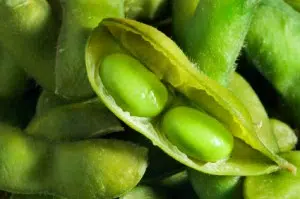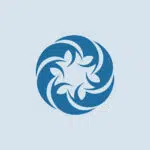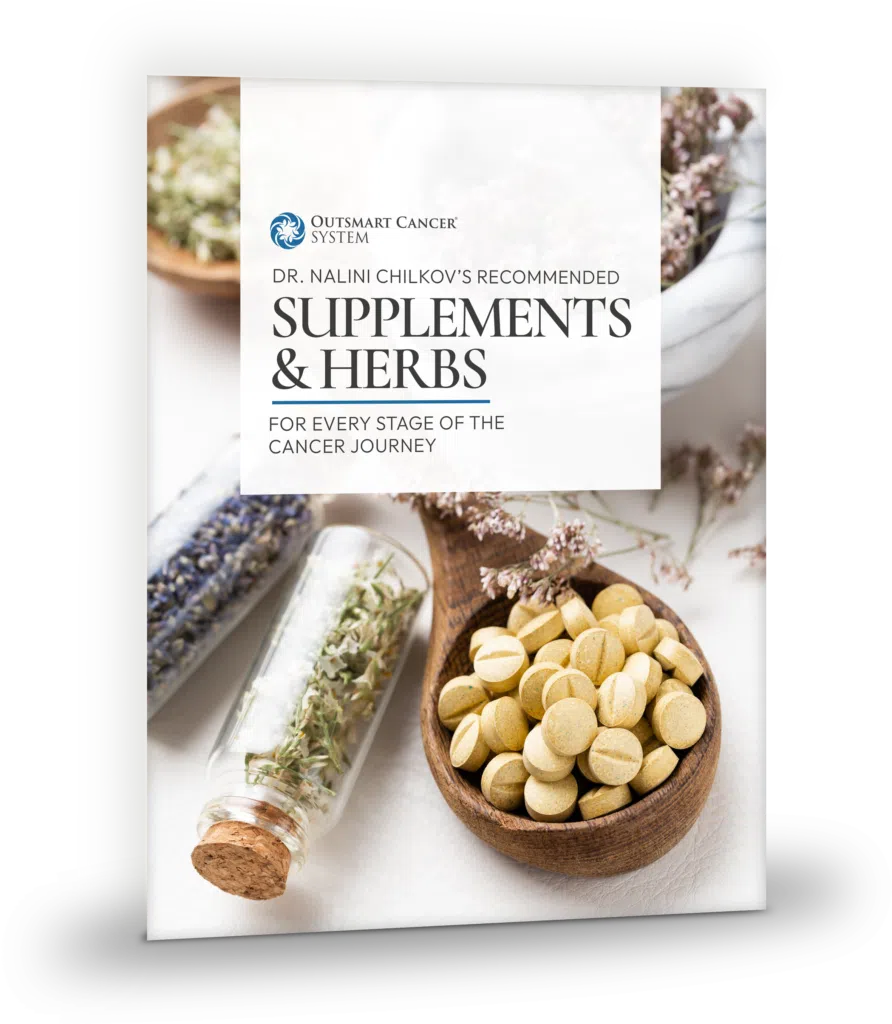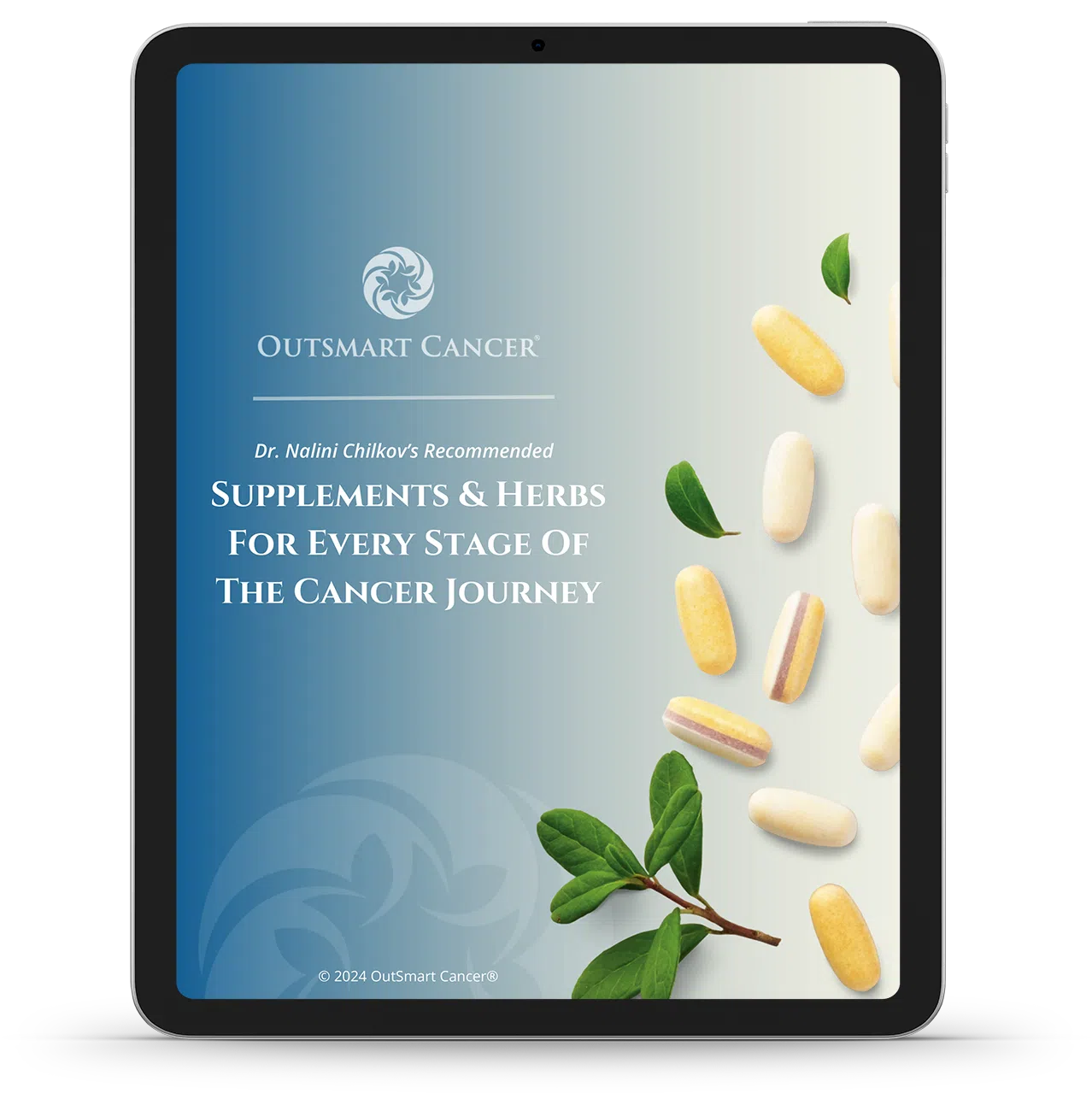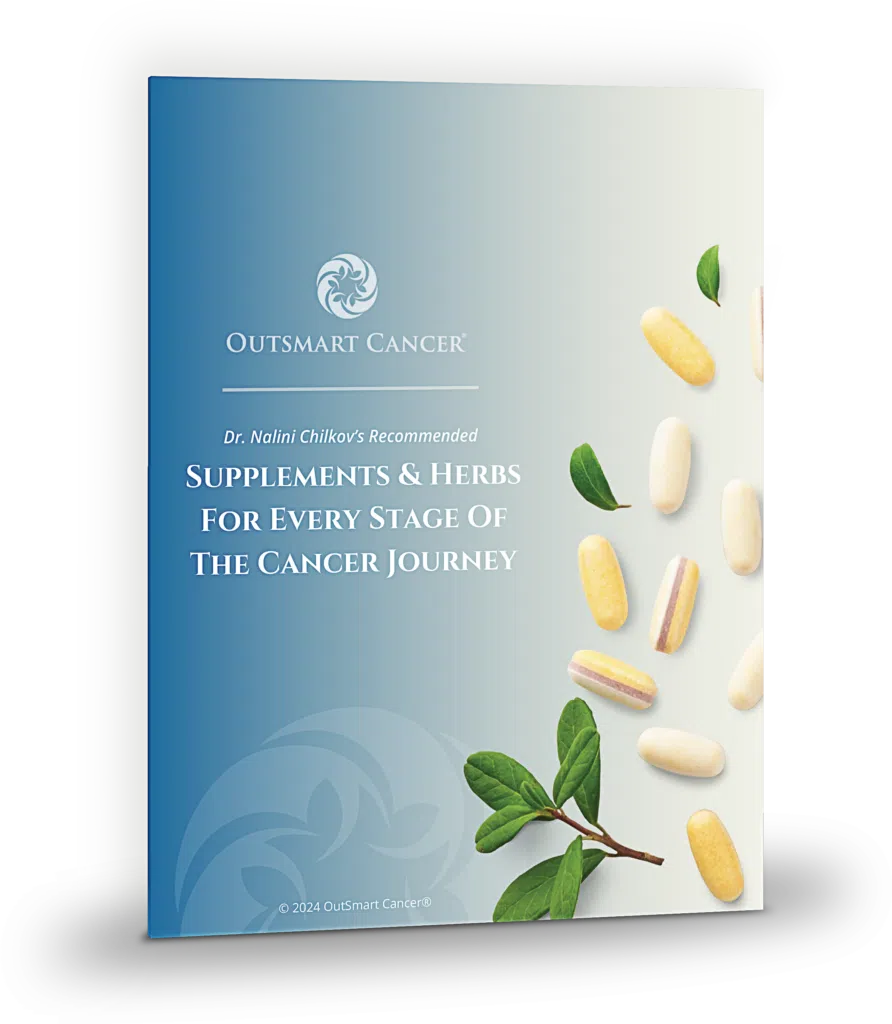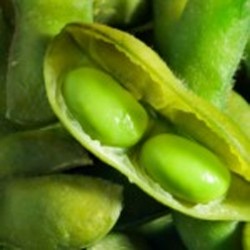
The use of soy phytoestrogens (plant estrogens) for breast cancer survivors and menopausal women have been widely misunderstood. The controversy has stemmed both from lack of good research and the fact that a food component, isoflavones, has been mistakenly thought of as a drug. Nothing could be further from the truth. Finally, new research has confirmed that not only is soy safe, but it is in fact beneficial for breast cancer survivors and for menopausal women. In an excellent article by Joysa Winter, Taking Up the Cause for Menopause, two recent studies from Harvard Medical School and from the Shanghai Breast Cancer Survival Study published in the prestigious Journal of the American Medical Association, the fears about soy have been put to rest.
The stunning conclusion of the the study: Among women with breast cancer, soy food consumptionwas significantly associated with decreased risk of death andrecurrence.
The landscape of women’s health was forever altered in 2002 when the National Institutes of Health (NIH) abruptly stopped its research into hormone replacement therapy (HRT) in menopausal women.
Five years into the eight-year study, the researchers realized that HRT was putting women’s lives in danger with elevated risk of coronary heart disease, stroke, pulmonary embolism, breast cancer and even dementia.
Since then, millions of people have been left looking for other alternatives. In extreme cases, hot flashes in women going through menopause can occur more than 30 times a day, last in duration from seconds to 10 minutes or more, and, for some, persist for five years or longer.
The good news about the bad news has been a renewed interest in research into herbal and nutritional remedies for menopause symptoms. NIH is currently funding several major clinical trials, and there appears to be fresh attention being paid to nature’s two sources of phytoestrogens: isoflavones and lignans.
Soy Isoflavones
It was the disaster of the HRT trial that prompted a team at Harvard Medical School to study the effects of the soy isoflavone daidzein on menopause symptoms.
What they found, in 2008, is that the compound can reduce the incidence of hot flushes by 52 percent. In addition, no side effects were reported during the 12-week trial with 147 post-menopausal women.
Isoflavones are well-known phytoestrogens — active substances derived from plants that have a weak estrogenlike action. They have been shown to promote heart health and help maintain bone health in post-menopausal women.
In the study, women received daily supplements of either the daidzein-rich isoflavone-aglycone (DRI) supplement at a dose of either 40 or 60mg, or a placebo. The ingredient, AglyMax, is manufactured by Tokyo-based Nichimo Co, and is extracted from soy germ fermented with Koji fungus.
The group receiving the lower dose reported a 52 percent reduction in hot flashes, versus 51 percent in the high-dose group and 39 percent in the placebo group.
The text of this excellent article follows:
The landscape of women’s health was forever altered in 2002 when the National Institutes of Health (NIH) abruptly stopped its research into hormone replacement therapy (HRT) in menopausal women.
Five years into the eight-year study, the researchers realized that HRT was putting women’s lives in danger with elevated risk of coronary heart disease, stroke, pulmonary embolism, breast cancer and even dementia.
Since then, millions of people have been left looking for other alternatives. In extreme cases, hot flashes in women going through menopause can occur more than 30 times a day, last in duration from seconds to 10 minutes or more, and, for some, persist for five years or longer.
The good news about the bad news has been a renewed interest in research into herbal and nutritional remedies for menopause symptoms. NIH is currently funding several major clinical trials, and there appears to be fresh attention being paid to nature’s two sources of phytoestrogens: isoflavones and lignans.
Soy Isoflavones
It was the disaster of the HRT trial that prompted a team at Harvard Medical School to study the effects of the soy isoflavone daidzein on menopause symptoms.
What they found, in 2008, is that the compound can reduce the incidence of hot flushes by 52 percent. In addition, no side effects were reported during the 12-week trial with 147 post-menopausal women.
Isoflavones are well-known phytoestrogens — active substances derived from plants that have a weak estrogenlike action. They have been shown to promote heart health and help maintain bone health in post-menopausal women.
In the study, women received daily supplements of either the daidzein-rich isoflavone-aglycone (DRI) supplement at a dose of either 40 or 60mg, or a placebo. The ingredient, AglyMax, is manufactured by Tokyo-based Nichimo Co, and is extracted from soy germ fermented with Koji fungus.
The group receiving the lower dose reported a 52 percent reduction in hot flashes, versus 51 percent in the high-dose group and 39 percent in the placebo group.
Then, a 2009 study in China, published in the Journal of the American Medical Association, found benefits to soy consumption among female survivors of breast cancer. This is significant given lingering concern over the effects of phytoestrogens in soy, or a potential negative interplay between soy isoflavones and a tamoxifen drug regimen. “What we found was that the degree of improvement in women taking the DRI supplement was similar to that of alternative therapies such as a serotonin inhibitor, but without their negative side effects,” stated researcher Hope Ricciotti.
The researchers analysed data from the Shanghai Breast Cancer Survival Study, a study of 5,042 female breast cancer survivors aged 20 to 75 in China. Women with the highest intake of soy protein had a 29 percent lower risk of death and a 32 percent lower risk of breast-cancer recurrence compared to patients with the lowest intake of soy protein.
After about four years of follow-up, 44 total deaths and 534 recurrences were documented. Soy-food intake, as measured by either soy protein or soy isoflavone intake, was inversely associated with mortality and recurrence, said the researchers.
The researchers noted significant reductions in both mortality and breast-cancer recurrence with increasing soy-protein intake, up to a level of 11g per day. The inverse association was evident among women with either estrogen receptor—positive or -negative breast cancer, and was present in both users and nonusers of tamoxifen.
“This study suggests that moderate soy-food intake is safe and potentially beneficial for women with breast cancer,” the researchers concluded.
You may also like:
Foods That Starve Cancer
Cancer Fighting Foods
Your Mom Was Right: Five Reasons to Eat Your Broccolli






